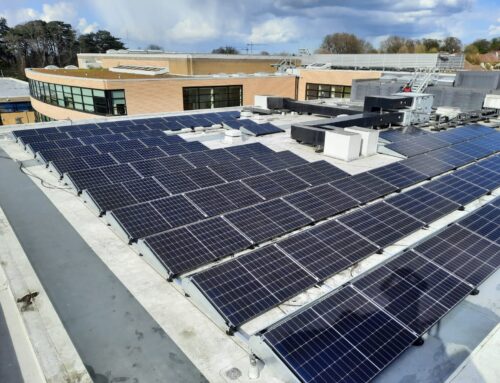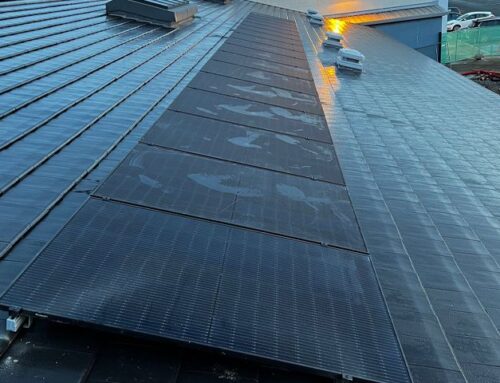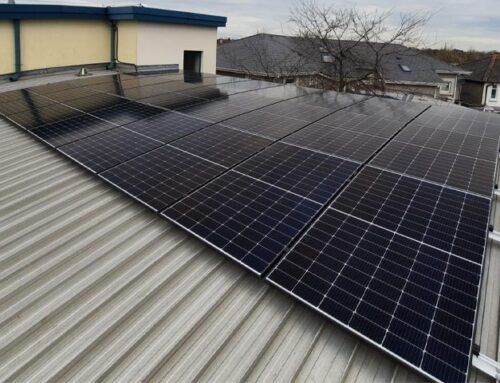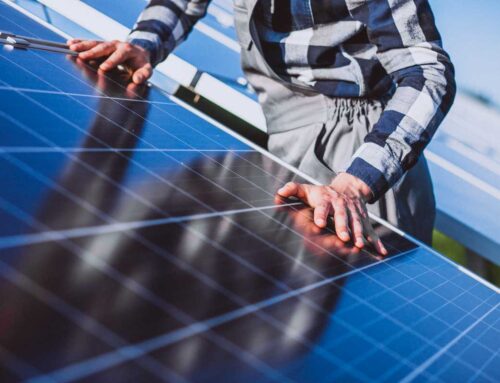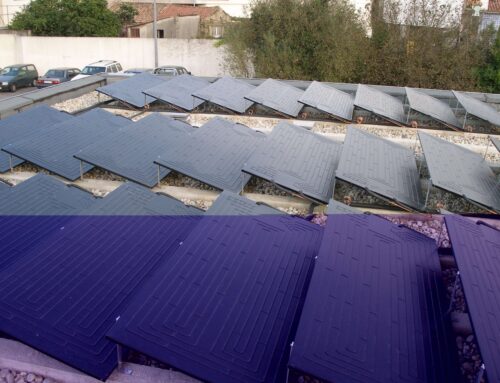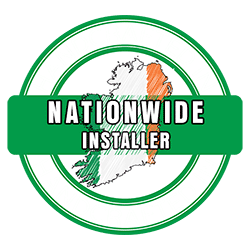The global shift towards renewable energy has brought attention to various technologies, each offering distinct advantages depending on factors like geography, infrastructure, and cost. Among the most popular renewable energy sources are photovoltaic (PV) panels, wind turbines, and hydroelectric power. In this post, we compare these three technologies, exploring their respective benefits and limitations to help you make informed decisions about energy choices for your home, business, or community.
Photovoltaic Panels (Solar Energy)
Photovoltaic (PV) panels, or solar panels, convert sunlight directly into electricity using semiconductors. When sunlight strikes the panels, it knocks electrons loose, generating an electric current. We have touched on some of the advantages of PV panels below;
- Scalability – PV panels are highly scalable, making them suitable for a range of applications from small residential rooftops to large scale solar farms.
- Low Maintenance – Once installed, solar panels require minimal maintenance. Regular cleaning and occasional inspections are usually enough to keep them functioning efficiently.
- Silent Operation – Unlike some renewable energy sources, solar panels generate electricity without noise, making them ideal for urban and residential settings.
- Energy Independence – Solar panels allow individuals and businesses to generate their own electricity, reducing dependence on grid based power and protecting against fluctuating energy prices.
Of course, PV panels have their limitations too, and these include:
- Weather Dependence – Solar energy generation is directly dependent on sunlight. Cloudy or rainy days reduce the efficiency of PV panels, and they don’t generate power at night unless paired with battery storage.
- High Initial Costs – The upfront cost of solar panel installation can be significant, although long term savings through reduced energy bills and government incentives often make the investment worthwhile.
- Land Use – Large scale solar farms require considerable space, which may be a limitation in densely populated areas.
Wind Turbines (Wind Energy)
Wind turbines use the power of the wind to generate electricity. When the wind blows, it spins the turbine blades, which drive a generator to produce electricity. We have discussed some of the advantages of wind turbines here;
- High Energy Efficiency – Wind turbines, especially in windy regions, can produce large amounts of electricity efficiently, often outperforming solar panels in terms of energy output.
- Low Operating Costs – After installation, wind turbines incur minimal operational costs and have long lifespans, typically lasting 20 to 25 years.
- Large Scale Potential – Wind energy is particularly suitable for large scale energy production, making it ideal for wind farms that can power entire communities or cities.
- No Water Usage – Wind energy generation does not require water, unlike some other renewable technologies, making it an environmentally friendly option in water scarce regions.
Wind turbines inevitably come with limitations including;
- Geographical Dependence – Wind turbines require consistent wind speeds to be effective, so they are not suitable for all locations. Wind farms tend to be placed in coastal or rural areas with strong winds, limiting their availability in other regions.
- Noise and Aesthetics – Wind turbines are known to produce noise, which can be a concern for people living near wind farms. Additionally, they may be considered unsightly by some due to their large size and presence in the landscape.
- Wildlife Concerns – Wind turbines can pose risks to local wildlife, particularly birds and bats, which may collide with the spinning blades.
Hydroelectric Power
Hydroelectric power is generated by using the energy of moving water to turn turbines. This process typically involves damming a river or waterfall to create a reservoir and control the flow of water. The advantages of hydroelectric power include;
- Reliable Energy Source – Unlike solar or wind energy, hydroelectric power can generate electricity continuously, provided there is a steady water supply. It is particularly effective for meeting base load energy demands.
- Storage Capabilities – Hydroelectric plants often feature storage reservoirs, allowing energy production to be scaled up or down depending on demand. This makes it one of the most flexible renewable energy sources.
- Longevity – Hydroelectric facilities have long operational lives and, once constructed, can provide energy for decades with relatively low maintenance costs.
However the limitations of Hydroelectric power include;
- Environmental Impact – The construction of hydroelectric dams can have significant environmental consequences. Damming rivers affects aquatic ecosystems, fish populations, and local water quality. It may also lead to the displacement of communities living nearby.
- Geographical Constraints – Hydroelectric power is highly dependent on geography. It requires rivers with sufficient flow and elevation changes, limiting its potential in flat or arid regions.
- High Initial Investment – Building a hydroelectric dam requires massive upfront capital and complex engineering. This makes it less accessible for small scale projects and more suitable for national energy grids.
Could PV Panels Be the Ideal Solution For Your Property?
Each renewable energy source; PV panels, wind turbines, and hydroelectric power, come with its unique advantages and limitations. The best option depends on your specific needs, location, and environmental goals. Solar panels offer an accessible and scalable solution for individual homeowners, while wind and hydroelectric power excel in large scale applications. Ultimately, diversifying energy sources by integrating a mix of these technologies can help create a more sustainable and resilient energy future.
For those seeking clean energy alternatives, it’s crucial to evaluate your circumstances and choose the renewable technology that best suits your energy requirements and environmental considerations. Should you decide that Photovoltaic panels are the best option for your property, or maybe you are interested in finding out more about PV panels before making any investments, then head over to the LVP Renewables website or contact us directly today. This can be done by calling us on +353 (0)1 8643838, by emailing us at info@lvprenewables.ie or by completing our online contact form and we’ll get back to you in no time.

